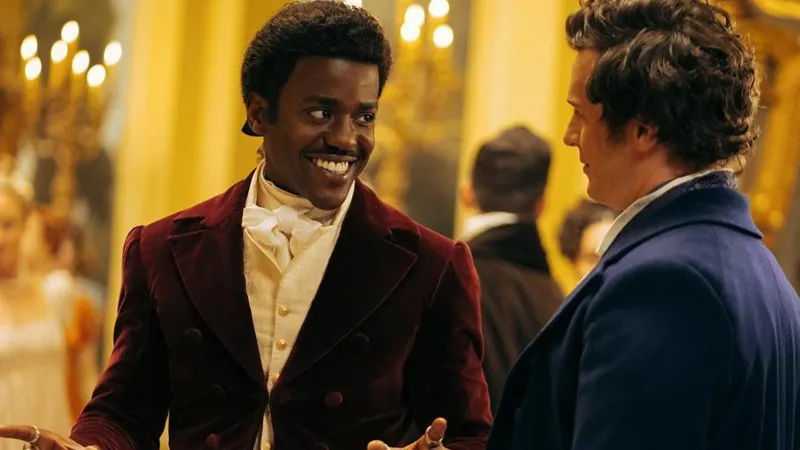
How Doctor Who Changed Lives: A Beacon of Hope for the LGBT Community
For decades, Doctor Who has been more than just a science fiction series; it’s been a cultural cornerstone for countless fans around the world. But for members of the LGBT community, it has often represented something even greater — a safe haven where identity, diversity, and self-expression are embraced. The Doctor Who LGBT representation story is one of inclusivity, empowerment, and hope, echoing deeply with generations of queer fans.
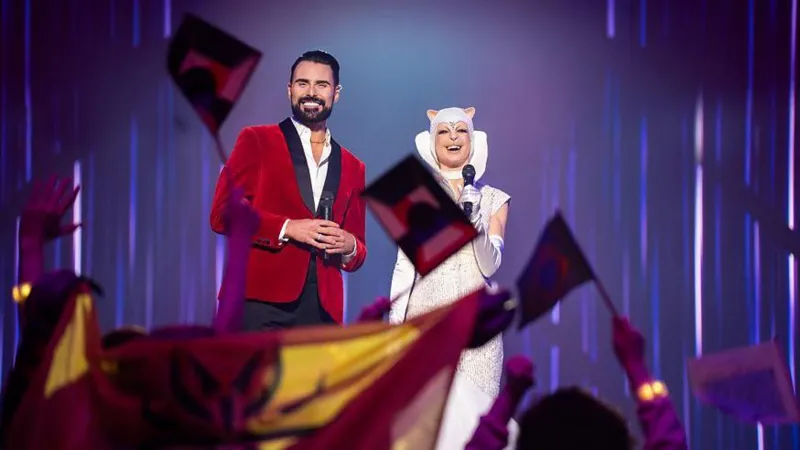
A Safe Haven in Time and Space
Scott Handcock, now a script editor and long-time contributor to the Doctor Who universe, remembers the show as a “safe haven” during his youth in the 1990s. Growing up in a working-class family in Birmingham, he didn’t see many queer characters or stories reflected in mainstream media. But Doctor Who was different. Its diverse characters, otherworldly settings, and boundary-pushing narratives gave him a space where he felt seen — even when society didn’t offer that comfort.
“You could actually take most characters from an episode of classic Doctor Who and their sexual orientation, their gender, how they define, is completely irrelevant,” he explained. “It was a breath of fresh air.”
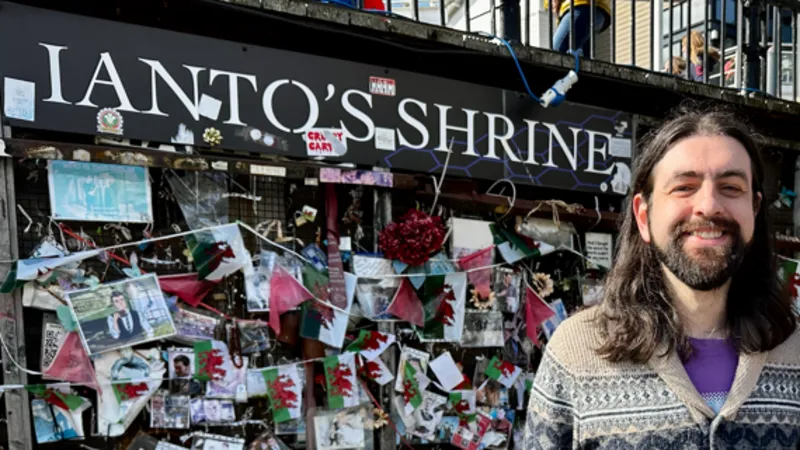
From Fan to Creator: Representation Behind the Scenes
Scott’s journey from passionate fan to industry professional underscores just how much the show has influenced his life. Starting as a production runner in 2006, he’s now a major voice in the Doctor Who creative team. He credits the show with giving him the confidence to live authentically as a gay man — something many other fans echo, especially during Pride Month, when stories of personal transformation linked to the show often flood social media.
Russell T Davies, the showrunner responsible for Doctor Who’s 2005 revival, has spoken openly about the comfort the show brought him during his own closeted youth. “Doctor Who was kind of sexless,” he once remarked, “and that’s an interesting little chime with a young, gay boy.”
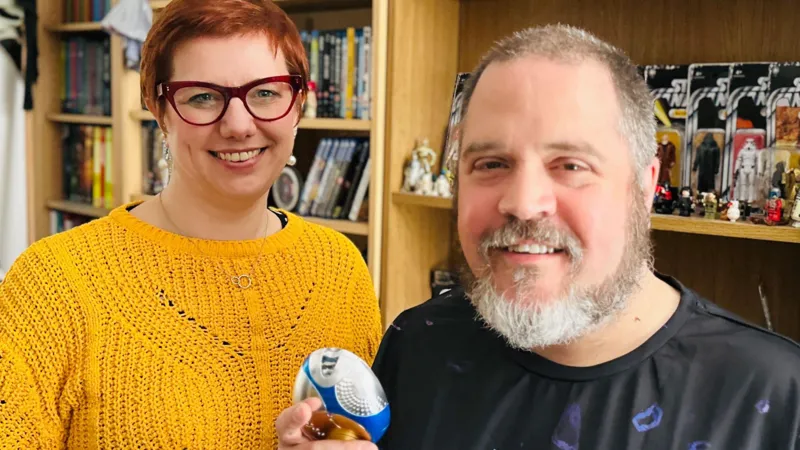
On-Screen Moments That Mattered
Representation moved from subtext to center stage in June 2024, when Doctor Who aired its first same-sex kiss involving the Doctor himself. The moment, shared between Ncuti Gatwa’s Doctor and Jonathan Groff’s character Rogue, sparked a wave of emotion — and, as expected, a few complaints. But the BBC stood firm in its commitment to representation, responding, “The show has, and will always continue to proudly celebrate diversity and reflect the world we live in.”
This wasn’t the first time Doctor Who embraced queerness, but it was a milestone that validated the experiences of countless LGBT viewers. For many, it marked the first time they truly saw someone like themselves on screen in a family-friendly, globally beloved show.
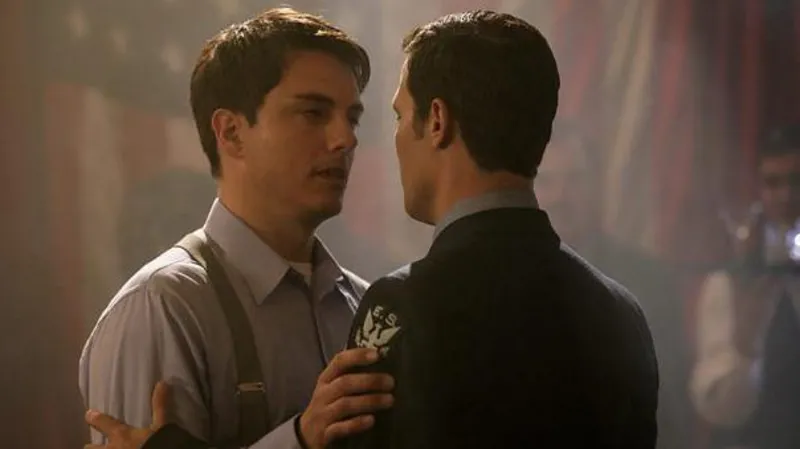
The Power of Community
The Doctor Who fandom has long been a family for many in the LGBT community. Paul Robinson, a bisexual fan from Wales, recalled how the fandom connected him with like-minded friends — whether it was huddling outside filming locations in the rain or attending fan conventions where queerness is celebrated rather than hidden.
“I wasn’t even out to myself when Doctor Who returned in 2005,” he said. “But it gave me hope. And that’s what matters.”
For comedian Steffan Alun and longtime fan Jayne Lutwyche, the show’s messages of love, acceptance, and resilience were deeply personal. Jayne, a bisexual woman and neurodivergent fan, even appeared on-screen with David Tennant and Catherine Tate — an experience she described as both empowering and affirming.
Visibility Matters
In a media landscape where many shows shy away from overt queer representation, Doctor Who stands tall as an inclusive, proudly diverse program that dares to reflect the world as it is — complex, colorful, and evolving.
As TV presenter Rylan Clark put it, “It’s an iconic show that’s entertaining, but it’s also proud. It’s diverse and inclusive… and that visibility is so important.”
Conclusion: The TARDIS is Big Enough for Everyone
The magic of Doctor Who lies not just in its time travel or alien worlds but in its unwavering belief that everyone deserves to belong. For many LGBT fans, it’s more than just a show — it’s a lifeline, a mirror, and a beacon of light in dark times.
As Pride Month reminds us to celebrate all forms of identity, Doctor Who continues to prove that the universe is better — and more beautiful — when everyone is included.




Average Rating